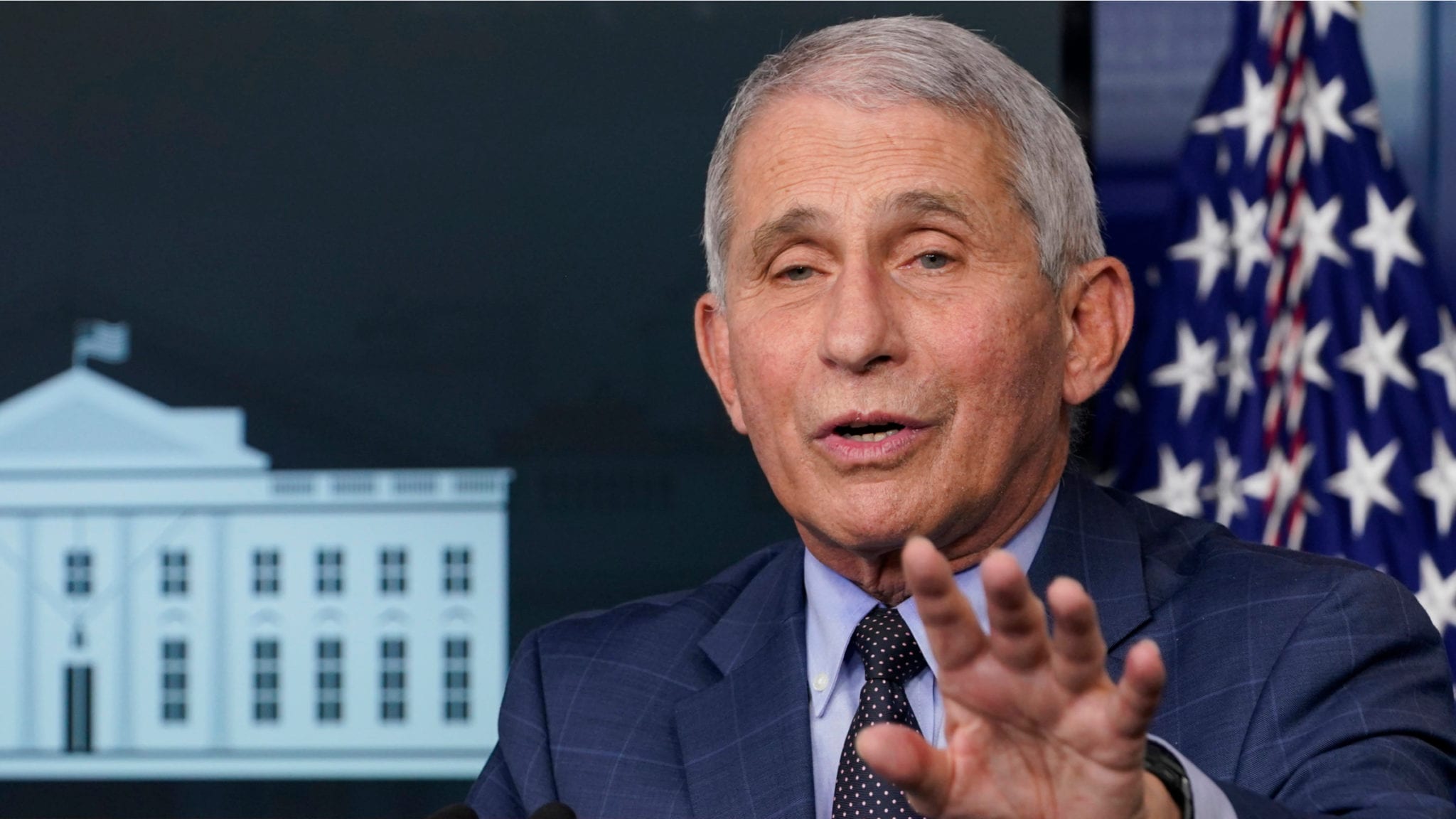
As new Covid-19 task force gets underway, threat looms of vaccine, monoclonal antibody-resistant variants
Hours before President Biden’s Covid-19 team gave their first virtual press conference, the famed AIDS researcher David Ho delivered concerning news in a new pre-print: SARS-CoV-2 B.1.351, the variant that emerged in South Africa, is “markedly more resistant” to antibodies from convalescent plasma and vaccinated individuals.
The news for several monoclonal antibodies, including Eli Lilly’s bamlanivimab, was even worse: Their ability to neutralize was “completely or markedly abolished,” Ho wrote. Lilly’s antibody cocktail, which was just shown to dramatically reduce the risk of hospitalizations or death, also became far less potent.
Unlock this article instantly by becoming a free subscriber.
You’ll get access to free articles each month, plus you can customize what newsletters get delivered to your inbox each week, including breaking news.